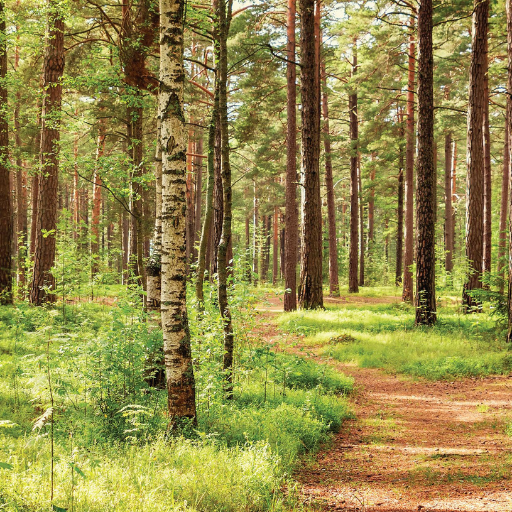We can see ahead of us, a small wooden footbridge across Hubbard Brook. The clear waters of this brook rise less than a mile from here and will soon merge with the Flye Brook. Then, under the cloak of the thick alders, their waters will join in the fertile womb of the marsh before resuming their seaward journey. Lately, when I approach the stream, I am anxious to see how much of the flowing water is still visible, as with each wintry night, sheets of ice creep outward from the shoreline. Today, only a couple of patches remain open to reflect the glow of the late-afternoon sun.
Hubbard Brook may lack poet Gerard Manley Hopkins “of a pool so pitch black, fell-frowning, it rounds and rounds Despair to drowning,” but despair has no home here. Hopkins was right, despair cannot survive in those places where Gaia, our Mother Earth, pours forth her wild abundance. The softly fading light dancing on the snow, the murmured voices among the rippling waters, the piercing call and response of the ravens passing on their appointed rounds— these cannot hold our human misery. Nor can our pain, fear, and depression reside amid the streaks of pink, orange and purple that are ever shifting against the deepening blue of the late-day sky.
Disconnection from our Mother Earth and the many wild beings that surround us is common in this culture. Our lives are marked by alienation and fear, as these relationships along with many traditional avenues of community and spiritual connection have broken down, leaving many of us isolated, depressed, and addicted.
As Anna Lembke points out in her book Dopamine Nation, substance addictions are but one of the many compulsive behaviors that are hijacking our ability to live meaningful lives.
In addition to our overconsumption of mood-altering drugs (both legal and illegal), we wander endlessly through desolate lands of compulsive behaviors, including obsessive use of porn, sex, and gambling, all the while seeking “feel good” neurotransmitters. We no longer have guideposts that can point us to a truly rich, fulfilling way of living.
Intimacy with the world is our birthright, the deepest longing of our souls. The shift towards reconnection and wholeness is one that we all can make. No matter how lost we may feel, how far we have drifted away from a life that is infused with authenticity, genuine fulfillment and happiness, the natural world is there waiting to offer a gateway to restoration and recovery.
Eco-spirituality is establishing a deep, healing connection to the more-than-human-world. It has no dogma, no set of required beliefs, and it is completely experiential. Therefore, it can be integrated with almost any spiritual or religious perspective, but it is also fully welcoming to those who do not have any such perspective or beliefs. Even though we do not necessarily see it, we are ALL quite literally, a part of nature.
Every cell in our bodies is comprised of materials from the Earth herself. It is from Her that our own bodies are formed. Once we learn the simple techniques and establish a regular practice that allow us to “come home,” the potential for our eco-spiritual relationship is limitless. It can be the basis for completely transforming our lives if we choose to pursue it that far.
There is a recovery parable about a newcomer to recovery who asks an “old-timer,” “I have heard that in recovery we have to change everything, is that true”? The old-timer smiles and responds that it isn’t true, we only must change one thing. Greatly relieved, the newcomer asks what that one thing is. The old timer replies, “Everything.” The newcomer is asking these questions because they are quite understandably fearful. The prospect of changing everything, of giving up our ways of being, even when those are harmful and destructive, is terrifying. The hopeful piece that the old-timer didn’t mention is that we don’t need to change everything all at once.
Recovery is a journey that can be fulfilling if we simply continue to put one foot in front of the other. Feeling the welcoming presence of nature’s unconditional embrace of safety, acceptance and faithful companionship can help sustain us, as we face the challenges on that path.
Peter and Bethany are co-creators of Way of the Wild Heart, an eco-spiritually-based addiction recovery program. Through that program, they introduce the power of nature into the recovery process, helping to heal wounded spirits and restore lives.
Learn more about eco-spirituality based recovery on our website.



